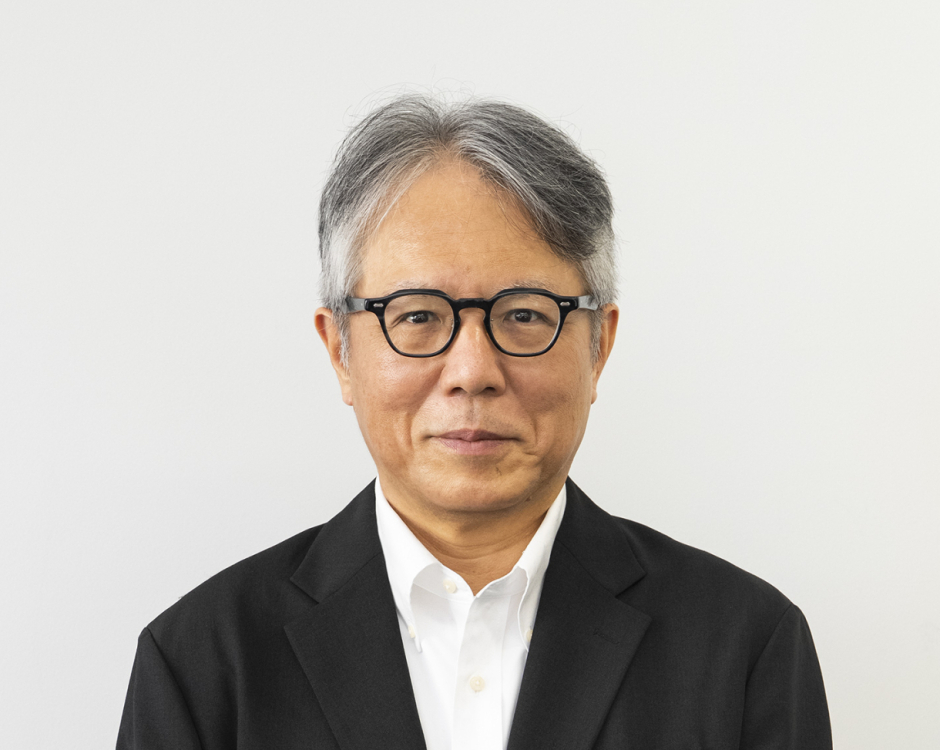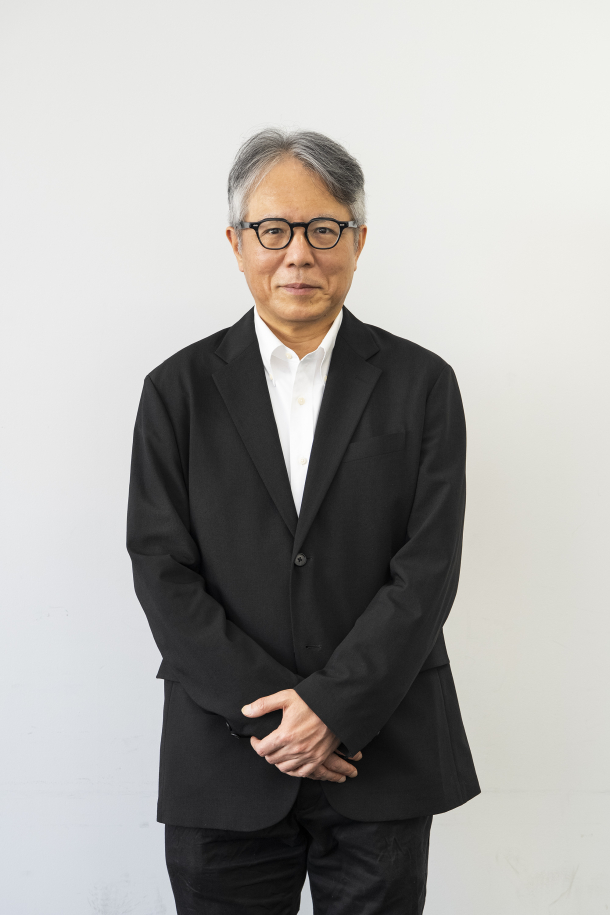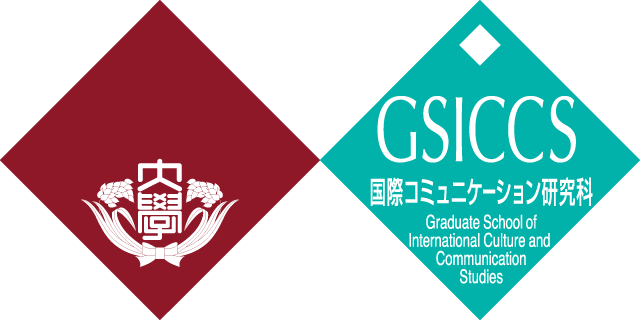- Faculty
- YOSHIMOTO, Mitsuhiro
YOSHIMOTO, Mitsuhiro

- Posted
- Fri, 21 Feb 2020

- Title:Professor
- Degree:Ph.D. in Comparative Literature (University of California, San Diego)
- Directed Research:Visual Culture
- Research Field:Media and Cinema Studies
Biography
I have been working at Waseda University for fifteen years. Before moving to Waseda, I taught at New York University and the University of Iowa for nearly twenty years.
My research covers a wide range of topics and issues. First of all, I am a film scholar. My first book Kurosawa: Film Studies and Japanese Cinema (Duke University Press, 2000) examines all feature-length films of the director Kurosawa one by one in separate chapters. My essays on Japanese film have also appeared in such edited volumes as Film Analysis: A Norton Reader (Norton, 2005/2013), Japanese Cinema: Texts and Contexts (Routledge, 2007), and Melodrama and Asian Cinema (Cambridge University Press, 1993). In addition to Japanese cinema, I have written extensively on contemporary Hollywood cinema in various journals and in my two books Empire of Images and the End of Cinema (『イメージの帝国/映画の終わり』以文社, 2007年) and Spectacle of Conspiracy (『陰謀のスペクタクル』以文社, 2012年).
The second area of my research interest is Japanese popular culture and cultural criticism. The book I co-edited with Christophe Thouny, Planetary Atmospheres and Urban Society after Fukushima (Palgrave Macmillan, 2017) and another co-edited book (with Eva Tsai and JungBong Choi), Television, Japan, and Globalization (University of Michigan, 2010) fall into this category. In addition to journals and magazines, my writings on Japanese television, Disneyland, and popular culture can be found in such edited volumes as Disney Discourse (Routledge, 1994) and In Pursuit of Contemporary East Asian Culture (Westview Press, 1996).
Throughout my academic career, I have been thinking about and writing on the politics of academic institutions, disciplines, and discourses. Part one of my Kurosawa book deals with the questions of film studies and Japanese cinema extensively. I also wrote about the discursive politics of such concepts and topics as “comparative film studies,” “film studies in Japan,” and “trans-Asian cinema” in various edited volumes and academic journals including boundary 2, South Atlantic Quarterly, and Inter-Asia Cultural Studies. My Japanese book, Site of Resistance (『抵抗の場へ:あらゆる境界を越えるために マサオ・ミヨシ自らを語る』洛北出版, 2007年), which is based on my interview with Masao Miyoshi, also belongs to this category of research.
My most recent publications include such articles and essays as “Fredric Jameson: A Marxist Who Keeps Pursuing the Possibility of History,” in Junji Hori and Keishō Kihara, eds., Adventurers in Film Theory (Tokyo: University of Tokyo Press, 2021) [「フレドリック・ジェイムソン:歴史的可能性を問い続けるマルクス主義者」、堀潤之、木原圭翔編『映画論の冒険者たち』東京大学出版会、 2021年]; “The Age of Allegory,” Transcommunication (2021) vol. 8, no. 2; “The Anthropocene and the Apocalypse of Cinema” in Hyōshō 14 (「人新世と映画のアポカリプス」『表象14』2020年); “Chaos Now” (Ran: 40th Anniversary Edition, Blu-ray booklet, Studio Canal, 2025).
While my current research centers on anime, I also pursue broader studies in visual culture, including film, manga, and cross-media adaptation. For instance, in the fall of 2025, I co-organized a seminar titled “Kazuo Ishiguro: Film and Literature” as part of a research collaboration between Waseda University and Peking University.
Major Works / Publications Awards
https://w-rdb.waseda.jp/html/100001082_en.html
Directed Research
In my MA seminar, students will explore visual culture from a variety of theoretically informed perspectives. Types of visual culture to be studied include—but not limited to—film, television, photography, painting, anime, manga, video games, social media, architecture, and images for surveillance, security and social control. I also welcome students interested in exploring how visual culture intersects with nonvisual forms such as literature. Students will examine the meanings and value of visual images, the political implications of looking at images/being looked at as images, and the possibilities of visual culture studies as an academic discipline. The main purpose of the seminar is to help students refine their ability to think about the question of visual culture critically and prepare for their professional careers or further research at a doctoral level.
In my PhD seminar, students will pursue an advanced study of visual culture within the broader context of media studies, film studies, cultural studies, and other emerging fields of interdisciplinary inquiries. All students are expected to have a well-formulated research plan when entering the doctoral program. Unlike the coursework-based doctoral programs common in the United States, ours is a research-focused program. During the first two years of study, I will work closely with each student through individual tutorials. In their third year of doctoral study—and the fourth, if needed—students engage in independent research and focus on completing their dissertations.
